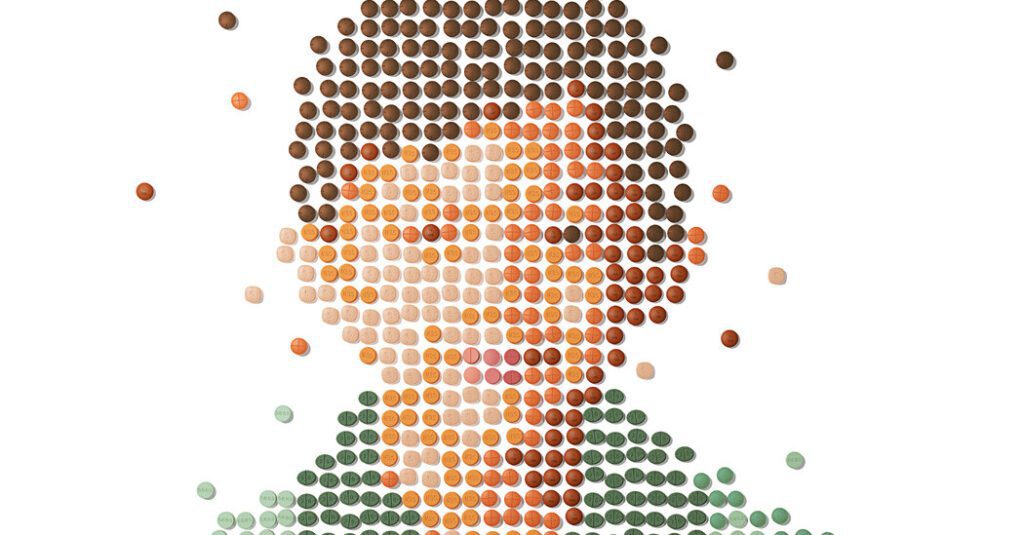The Complexities of ADHD Diagnosis: Stigma, Empowerment, and Identity
The Nature of ADHD Diagnosis
The approach to treating Attention Deficit Hyperactivity Disorder (ADHD) often extends beyond merely addressing neurobiological malfunctions. While some may view the treatment process through a medical lens, focusing on “repairing” the brain, others argue that the ethos of ADHD treatment should center on fostering personal relationships and bolstering self-esteem.
The Perception of ADHD: A Biological vs. Environmental Approach
Martine Hoogman’s 2017 research emphasizes the significance of interpreting ADHD as a brain alteration. This perspective aims to mitigate stigma associated with ADHD. However, a question arises: does framing ADHD as a brain disorder genuinely reduce stigma, or does it exacerbate feelings of shame and isolation among youth?
Research Insights on ADHD Diagnosis
Psychologist Luise Kazda conducted a comprehensive review in 2021, analyzing 14 studies on the effects of ADHD diagnosis. Her findings suggested that for many, receiving an ADHD diagnosis can lead to empowerment, granting legitimacy and fostering understanding, which in turn diminishes guilt, blame, and anger.
Conversely, she noted that in 22 other studies, a biomedical perspective of ADHD often correlated with disempowerment. This framework can inadvertently promote an attitude of excuse-making, leading to a lack of accountability and resulting in stagnation. Furthermore, 14 additional studies indicated that diagnostic labeling could enhance stigmatization, creating an identity that invites prejudice and judgment, ultimately fostering greater feelings of isolation and shame.
Medical Model vs. Alternative Perspectives
The impact of an ADHD diagnosis varies significantly depending on the framing used. The medical model conveys a definitive diagnosis, which may resonate comfortably with some parents, allowing them to articulate their child’s needs in medical terms. However, for many young individuals, this framing can feel like a life-long sentence, reinforcing the notion of a binary disorder that marks them as having a brain deficit.
In contrast, an alternative model posits that ADHD symptoms exist along a continuum, influenced by individual circumstances and environmental contexts. This perspective fosters a more dynamic understanding, suggesting that changes in a child’s environment could alleviate symptoms. It allows families to consider whether medication is beneficial and to evaluate potential adjustments in school or home life.
Comprehensive Care Beyond Diagnosis
For children with ADHD, the recognition that their symptoms may relate to their environment, rather than being purely intrinsic, opens the door to varied solutions. If a child is grappling with other mental health challenges such as anxiety or depression, addressing these issues becomes paramount. Thus, a nuanced approach to ADHD can lead to more tailored interventions that encompass psychological well-being beyond mere symptom management.


